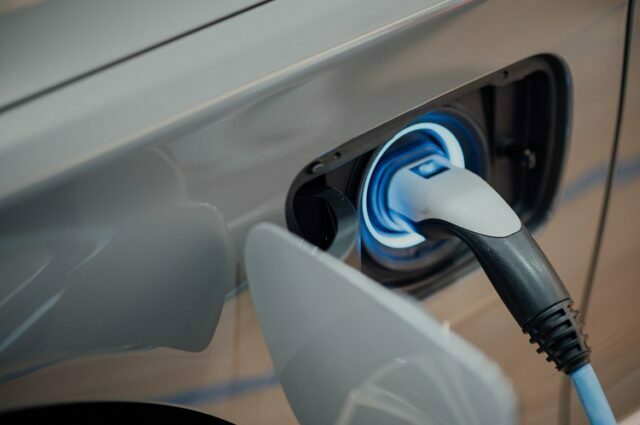Electric Vehicles (EVs) are becoming increasingly popular as an alternative to traditional gas-powered vehicles. EV charging is an important aspect of owning and operating an EV, and it is important to understand the answers to some of the most commonly asked questions about EV charging. This article will provide a comprehensive guide to EV charging FAQs, including information about the types of chargers, safety considerations, and much more.
Table of Contents
What Types of EV Chargers are Available?
There are several types of EV chargers available, each of which is suited to different needs and preferences. Level 1 chargers are the most basic and use a standard 110-volt outlet. These are the slowest type of charger, but they are relatively inexpensive and can be used in most residential areas. Level 2 chargers are more powerful and require a dedicated 240-volt outlet. These chargers can charge an EV in a few hours, making them ideal for overnight charging. Finally, DC fast chargers are the most powerful chargers available and are typically used for public charging stations. These chargers are capable of charging an EV in less than an hour.
Are EV Chargers Safe?
EV chargers are generally considered safe and reliable, but it is important to take certain safety precautions such as using the correct type of charger for your EV and following the manufacturer’s instructions. Additionally, it is important to be aware of your surroundings and make sure that the area around the charger is free from debris and other potential hazards.
How Long Does EV Charging Take?
The amount of time it takes to charge an EV depends on the type of charger being used. Level 1 chargers typically take 8-10 hours to fully charge an EV, while Level 2 chargers usually take about 4-6 hours. DC fast chargers are the quickest option, typically taking 30 minutes to an hour to fully charge an EV.
Are EV Chargers Expensive?
The cost of EV chargers can vary significantly depending on the type of charger and the features it offers. Level 1 chargers are typically the least expensive option, costing around $200. Level 2 chargers are typically more expensive, with prices ranging from $400-$1000. DC fast chargers are the most expensive option, costing around $1000-$3000.
How is EV Charging Monitored?
EV charging can be monitored in a variety of ways, depending on the type of charger being used. Level 1 and Level 2 chargers typically come with an accompanying app that allows users to track the charging process in real-time. Additionally, most public charging stations will have on-site staff who can assist with monitoring the charging process. Finally, some EV chargers are equipped with built-in sensors that can detect when a vehicle is fully charged and turn off the charger. You can contact us about the EV Charging Group for more information.









